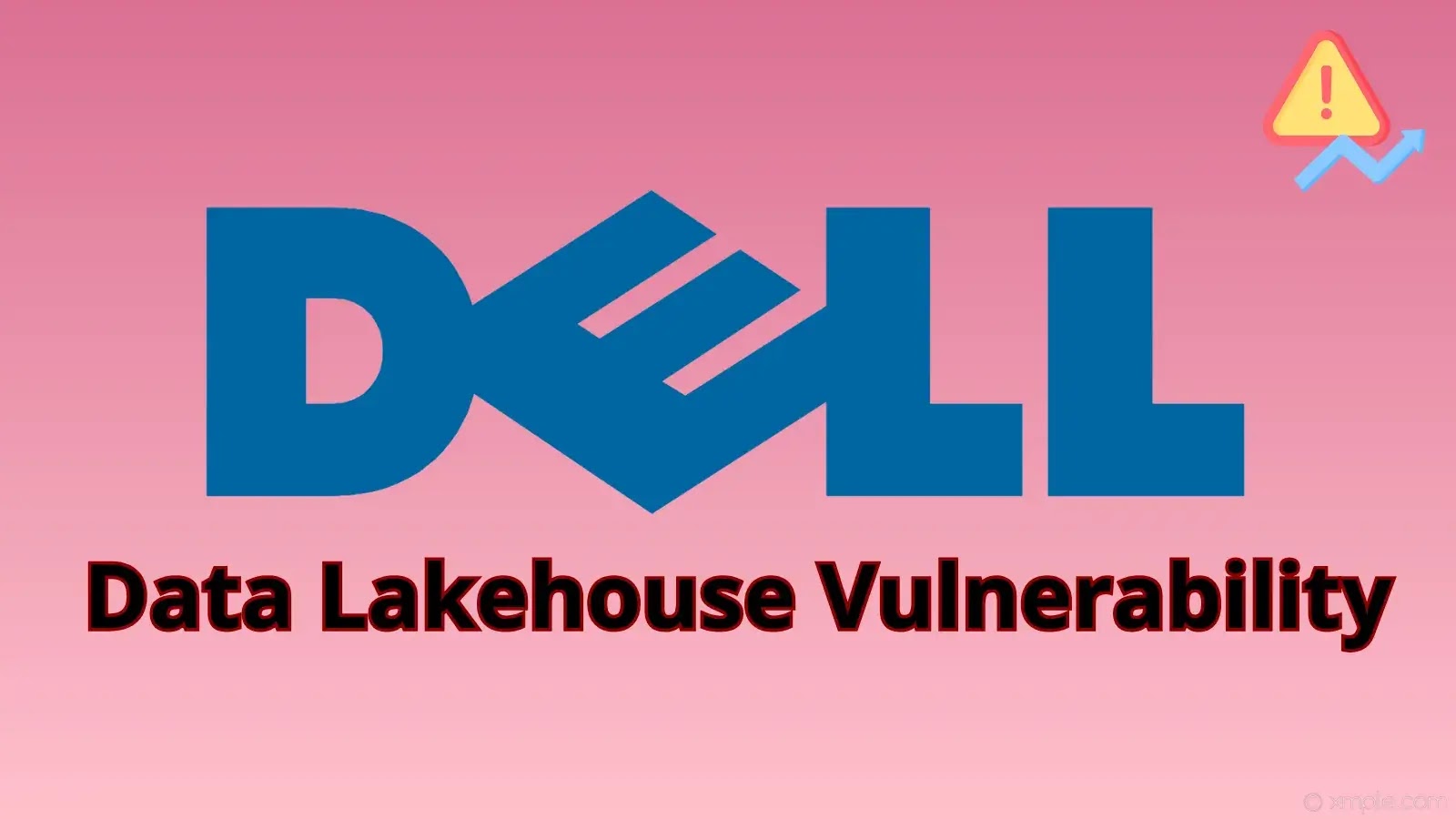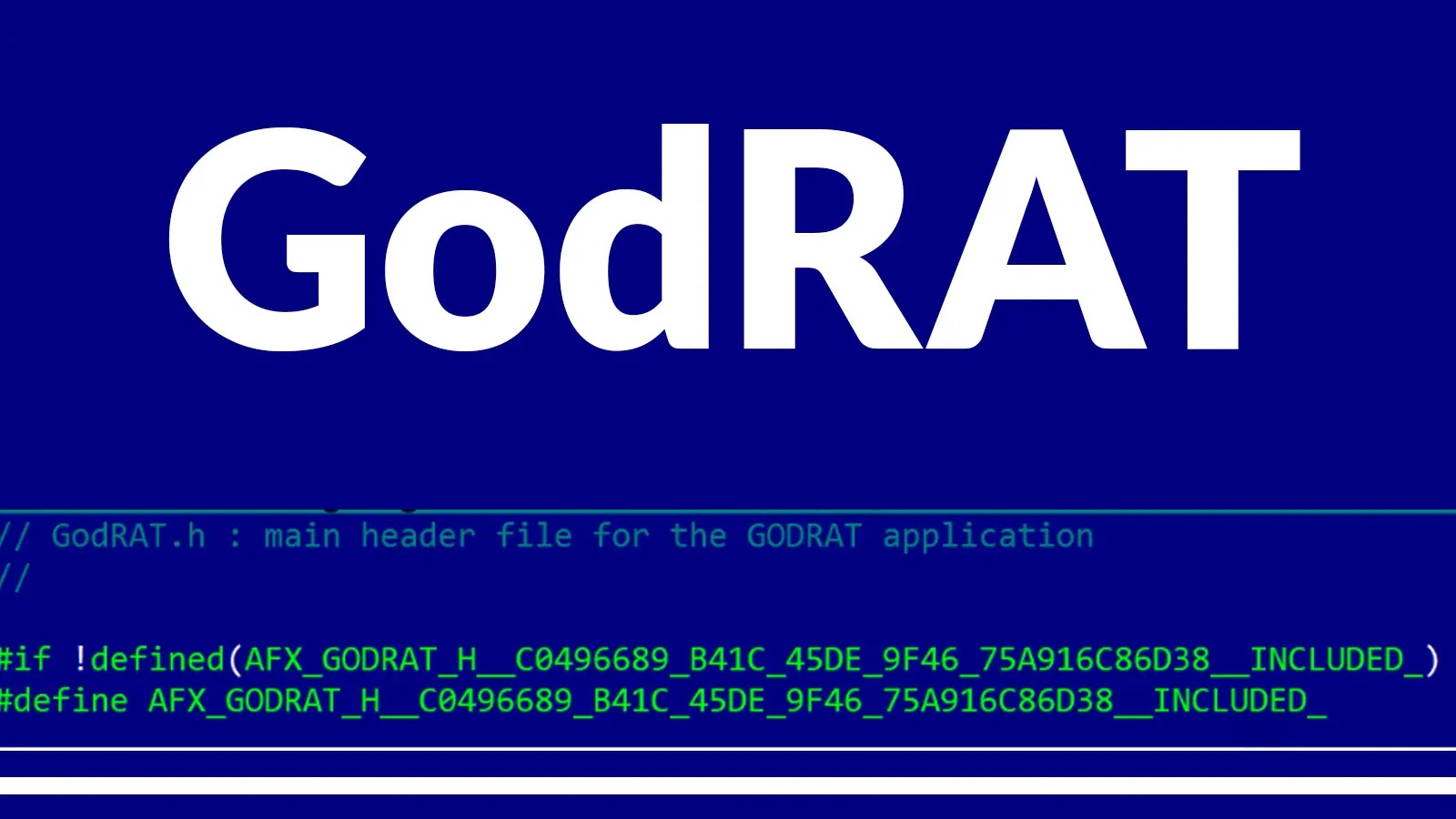Critical Dell Data Lakehouse Vulnerability Exposes Systems to Remote Privilege Escalation
Dell Technologies has recently identified a critical security flaw within its Data Lakehouse platform, designated as CVE-2025-46608. This vulnerability, present in all versions preceding 1.6.0.0, has been assigned a CVSS score of 9.1, categorizing it as a critical threat.
Understanding the Vulnerability
The core issue lies in improper access control mechanisms within the Dell Data Lakehouse. This flaw permits a highly privileged remote attacker to escalate their privileges beyond authorized levels. Notably, the exploitation of this vulnerability is characterized by:
– Low Attack Complexity: The process to exploit this flaw is straightforward, not requiring intricate techniques or extensive resources.
– No User Interaction Required: Attackers can execute the exploit without any action from the end-user, increasing the risk of undetected breaches.
– Network Exploitation: The vulnerability can be exploited over a network, potentially affecting multiple systems and resources beyond the initially targeted component.
Potential Impacts
If successfully exploited, this vulnerability could have severe consequences, including:
– Unauthorized Access: Attackers could gain elevated privileges, granting them access to sensitive information and critical system functions.
– Data Integrity Compromise: Malicious actors might modify or delete essential data, leading to operational disruptions and loss of trust.
– System Availability Disruption: Exploitation could result in system downtime, affecting business continuity and service delivery.
Affected Versions and Remediation
The vulnerability affects all versions of Dell Data Lakehouse prior to 1.6.0.0. To mitigate this risk, Dell has released version 1.6.0.0, which addresses the identified flaw. Customers are strongly advised to:
– Upgrade Immediately: Transition to version 1.6.0.0 or later to secure systems against potential exploits.
– Consult Dell Technical Support: For assistance with the upgrade process, customers should contact Dell Technical Support and reference advisory DSA-2025-375.
Broader Context of Dell Security Vulnerabilities
This incident is part of a series of security challenges Dell has faced in recent times. Notable vulnerabilities include:
– Dell PowerFlex Vulnerabilities: Identified as CVE-2024-37143 and CVE-2024-37144, these flaws affect various versions of Dell PowerFlex appliances, racks, and custom nodes. CVE-2024-37143 allows unauthenticated remote code execution, while CVE-2024-37144 involves insecure storage of sensitive information, potentially leading to unauthorized access within the cluster.
– Dell Secure Connect Gateway Flaws: CVE-2025-23382 exposes sensitive system information through improper access controls in the SCG’s SRS component, affecting versions prior to 5.28.00.14.
– Dell PowerScale OneFS Vulnerability: CVE-2025-27690 involves the use of default passwords, enabling unauthenticated remote attackers to compromise high-privileged accounts in PowerScale OneFS versions 9.5.0.0 through 9.10.1.0.
– Dell Update Manager Plugin Issue: CVE-2025-22402 is a low-severity vulnerability that allows attackers to exploit sensitive data through improper neutralization of HTML tags in web pages, affecting versions before 22.01.02.
– Dell Update Package Framework Flaw: CVE-2025-22395 allows local attackers with low privileges to escalate their privileges by exploiting the framework, affecting versions before 22.01.02.
– Dell Storage Manager Vulnerabilities: CVE-2025-43995 is an improper authentication flaw in the DSM Data Collector component, allowing unauthenticated remote attackers to exploit exposed APIs, affecting versions up to 20.1.21.
– Dell Alienware Command Center Vulnerability: CVE-2025-30100 is an improper access control vulnerability that could allow attackers to gain elevated privileges, affecting all versions of Alienware Command Center 6.x prior to 6.7.37.0.
Recommendations for Dell Customers
In light of these vulnerabilities, Dell customers should adopt the following measures:
– Regularly Update Systems: Ensure all Dell products are updated to the latest versions to benefit from security patches and enhancements.
– Monitor Security Advisories: Stay informed about new vulnerabilities and recommended actions by subscribing to Dell’s security advisories.
– Implement Robust Access Controls: Restrict access to critical systems and data to authorized personnel only, minimizing the risk of internal threats.
– Conduct Regular Security Audits: Periodically review and assess system security to identify and address potential vulnerabilities proactively.
Conclusion
The discovery of CVE-2025-46608 in Dell’s Data Lakehouse platform underscores the critical importance of maintaining up-to-date systems and vigilant security practices. By promptly applying patches and adhering to recommended security protocols, organizations can mitigate risks and safeguard their data and infrastructure against potential exploits.



